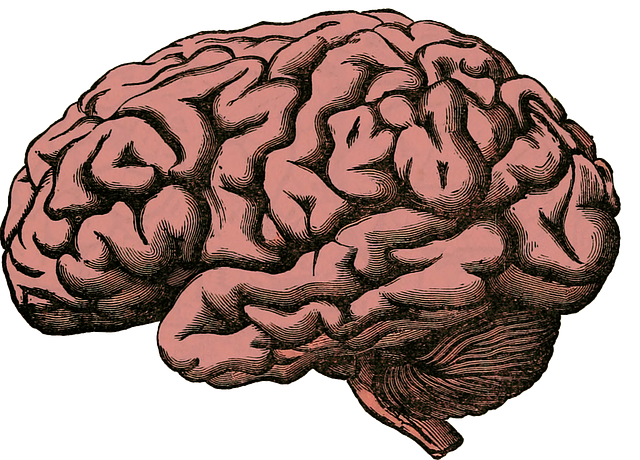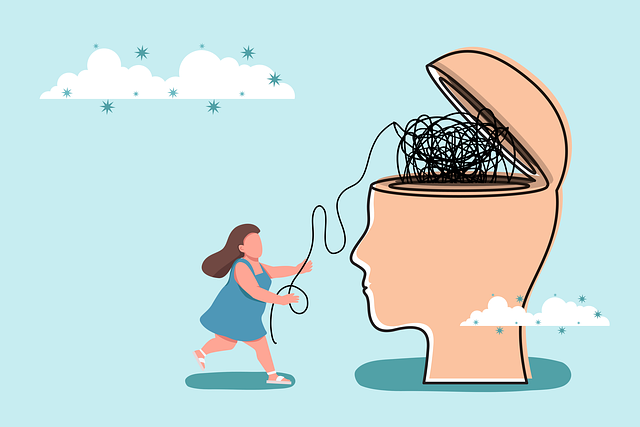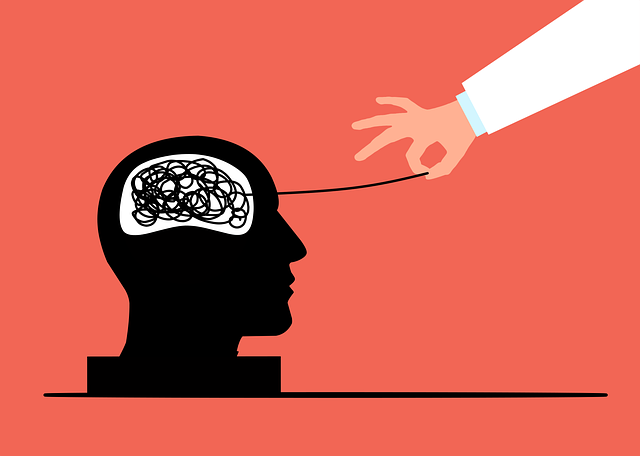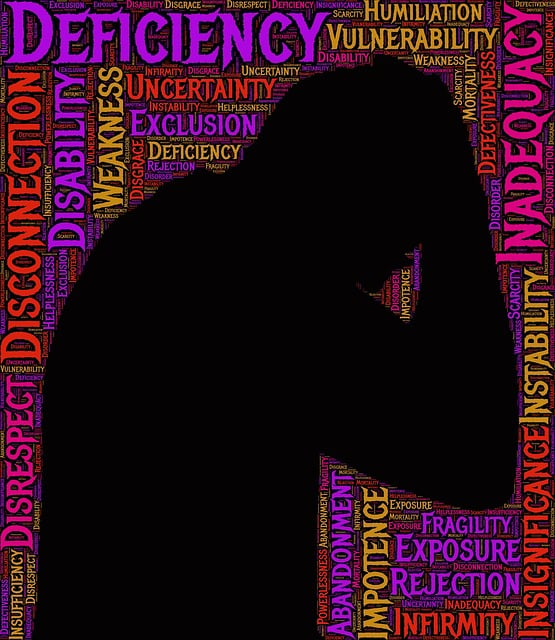Northglenn Trauma Therapy is at the forefront of combating mental health stigma through specialized services, education, and media collaboration. By promoting positive representations in the media, they aim to humanize mental illness struggles, reduce stereotypes, and encourage open conversations. Their initiatives empower individuals with knowledge and coping mechanisms while training healthcare providers for sensitive crisis management. Through empathy-building strategies and informed coaching programs, Northglenn Trauma Therapy fosters a culture of compassion, challenging societal barriers and supporting those facing mental health challenges.
Mental illness representation in media significantly influences public understanding and awareness. This article explores how accurate portrayal can challenge mental health stigmas, focusing on the work of Northglenn Trauma Therapy as a case study. We examine the current state of media’s impact on mental health perception and propose effective strategies for enhancing positive representation. Additionally, we discuss the crucial roles of education and collaboration within the media industry to drive sustainable change.
- Understanding the Impact of Media Portrayal on Mental Health Awareness
- The Current State: How Northglenn Trauma Therapy Addresses Stigma
- Effective Strategies to Enhance Positive Representation in Media
- Fostering Change: The Role of Education and Collaboration in Media Industry
Understanding the Impact of Media Portrayal on Mental Health Awareness

The media plays a significant role in shaping public perceptions about mental health, which can either promote awareness or perpetuate stereotypes and misconceptions. Positive representation in movies, TV shows, and news articles can encourage understanding, empathy, and support for individuals struggling with mental illness. Conversely, negative portrayals can lead to stigmatization, isolation, and even fear among audiences. This is where Northglenn Trauma Therapy steps in, offering specialized services tailored to address these challenges.
By promoting accurate and sensitive media representation, we can foster a culture of openness and compassion. Public Awareness Campaigns Development initiatives focused on mental health aim to educate the public, dispel myths, and encourage early intervention. Stress management techniques and burnout prevention strategies presented in a balanced light can provide valuable insights for viewers, helping them recognize their own struggles or those of loved ones. Ultimately, media has the power to either exacerbate existing mental health issues through negative stereotypes or alleviate them by fostering a supportive environment.
The Current State: How Northglenn Trauma Therapy Addresses Stigma

Northglenn Trauma Therapy is at the forefront of challenging the stigma surrounding mental illness by offering specialized services and programs tailored to address trauma and its impact on individuals and communities. In a world where mental health issues often go undiagnosed or misrepresented, this therapy center plays a vital role in dispelling myths and providing accurate portrayals of various conditions.
Through their Mental Health Education Programs Design, Northglenn Trauma Therapy focuses on empowering individuals to understand their experiences and seek appropriate support. By integrating Mind Over Matter principles, the center encourages clients to develop coping mechanisms and build resilience. Additionally, they offer Healthcare Provider Cultural Competency Training, ensuring that medical professionals are equipped to handle mental health crises with sensitivity and effectiveness, thereby reducing potential barriers in access to quality care.
Effective Strategies to Enhance Positive Representation in Media

To enhance positive representation of mental illness in media, several effective strategies can be implemented. Firstly, Empathy Building Strategies are crucial. Media platforms should prioritize showcasing characters with mental health struggles in relatable and humanizing lights, allowing audiences to foster understanding and compassion. This involves employing sensitive storytelling techniques, such as incorporating emotional healing processes into narratives, rather than relying on stereotypical or sensationalized portrayals.
Additionally, the development of Mental Wellness Coaching Programs can contribute significantly to this cause. Collaborating with mental health professionals ensures that scripts and characters are accurately represented, promoting meaningful discussions around mental wellness in Northglenn Trauma Therapy and beyond. By integrating these strategies, media can play a pivotal role in shaping public perceptions and fostering supportive environments for individuals facing mental health challenges.
Fostering Change: The Role of Education and Collaboration in Media Industry

The media industry plays a pivotal role in shaping societal perceptions, especially when it comes to sensitive topics like mental illness. For years, stereotypes and misrepresentations have perpetuated stigma, hindering individuals from seeking help for their struggles. However, there’s a growing movement towards fostering change through education and collaboration within the media sector. By promoting accurate and empathetic portrayals of mental health challenges, Northglenn Trauma Therapy and similar initiatives aim to reduce the stigma associated with these issues.
Educational efforts can include workshops, training programs, and awareness campaigns that educate writers, directors, and journalists about various mental health conditions, their symptoms, and effective crisis intervention guidance. Encouraging collaboration between mental health professionals, content creators, and media organizations ensures a more nuanced understanding of emotional regulation strategies and real-life experiences. This collective approach has the potential to revolutionize media representation, leading to a more compassionate and informed society.
Media representation plays a pivotal role in shaping public perception about mental illness. By implementing effective strategies for positive portrayal, such as those advocated by Northglenn Trauma Therapy, we can foster understanding and reduce stigma. Education and collaboration within the media industry are crucial to drive meaningful change, ensuring that narratives about mental health are accurate, empathetic, and empowering. Through these collective efforts, we can create a more inclusive and supportive society for individuals facing mental health challenges.












